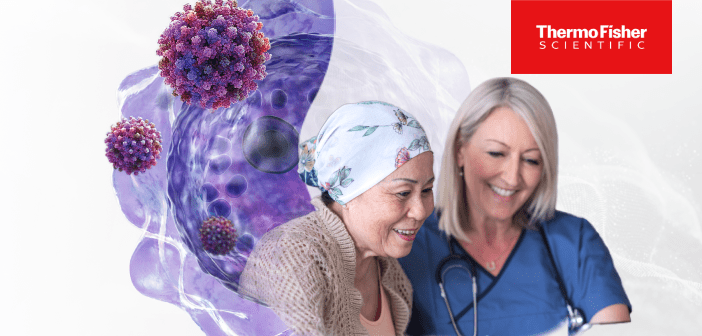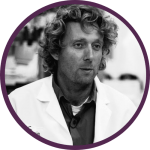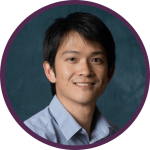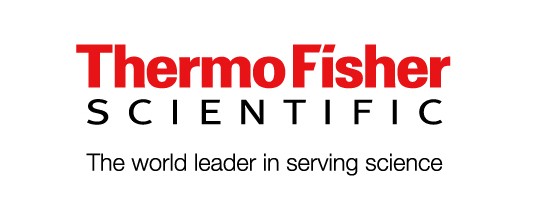Decentralized manufacturing: enabling scalable and cost-effective point of care for cell and gene therapies

The transformative potential to change the way human disease is treated using cell and gene therapy has motivated rapid technological advancements towards streamlining manufacturing processes. Standardization via automation and introduction of quality control via closed system manufacturing will contribute to overcoming barriers and facilitate the reach of this treatment to broader patient populations.
This webinar was recorded on 15 June 2021.
What will you learn?
- Drivers and challenges associated with decentralized manufacturing
- How streamlined processes can enable scalable point-of-care manufacturing
- Closed modular cell therapy workflow solutions
Who may this interest?
- R&D scientists
- Process development leaders
- Clinical manufacturing leaders
- Project/business development CDMO managers
Speakers

Qasim Rafiq, PhD
Associate Professor
University College London
Qasim Rafiq obtained his Masters in Engineering at University College London (UCL; London, UK) in Biochemical Engineering before completing his PhD at Loughborough University (UK) in collaboration with Lonza. He is a Senior Lecturer (Associate Professor) in Cell & Gene Therapy within the Department of Biochemical Engineering at UCL. His research activity focuses on the biomanufacture of advanced therapeutics including cell, gene and tissue-based therapy. He is a Chartered Engineer, a Chartered Scientist and a Fellow of the Higher Education Academy, and is currently pursuing an MBA at Aston Business School (Birmingham, UK).

Xavier de Mollerat du Jeu, PhD
Director, Product Management, Cell and Gene Therapy
Thermo Fisher Scientific
Dr Xavier de Mollerat du Jeu is the Director of Product Management in the Cell and Gene Therapy business unit at Thermo Fisher Scientific (CA, USA), developing new products and solutions for cell therapy manufacturing. Prior to this, Xavier was the director of R&D cell and gene therapy in Carlsbad, California, working on developing new closed modular platforms for the clinical manufacture of T cells. Xavier also identified new DNA delivery approaches for hard-to-transfect cell lines and primary/stem cells, is the inventor of Lipofectamine® 3000 and is the author of several patents around nucleic acid delivery. Additionally, his research focused on new delivery solutions for CRISPR, scalable lentiviral production solutions, mechanical delivery approaches for primary T cells, and in vivo delivery of RNAi/mRNA for research and therapeutic application. His team is dedicated to bringing new viral and non-viral delivery solutions for T-cell engineering and manufacturing, including automation and closed systems. Xavier studied molecular biology and plant physiology at the University of Montpellier II in France and received his PhD in human genetics in 2003 from Clemson University in South Carolina (SC, USA). His thesis work involved identifying the gene(s) responsible for Split Hand/Split Foot Malformation 3 (SHFM 3). His post-doctoral fellowship research was in the laboratory of Dr Michael G Rosenfeld at the University of California, San Diego (CA, USA), where he studied the roles of miRNAs in pituitary gland development. He joined Invitrogen (Life Technologies, Thermo Fisher Scientific) in 2005.

Sean Chang, PhD
Product Manager, Cell and Gene Therapy
Thermo Fisher Scientific
Dr Sean Chang is a Product Manager in the Cell and Gene Therapy business unit at Thermo Fisher Scientific (CA, USA) and is working on the integration and automation of cell therapy manufacturing workflows. Prior to this role, he was a Process Development Scientist, leading manufacturing process optimization of an allogeneic CAR-T product. Sean also gained extensive experience in new product development from his previous career role as a R&D Scientist, where he identified novel T-cell genome editing and non-viral delivery solutions and worked on development of new closed modular instruments. Sean received his PhD in Integrative Molecular and Biomedical Sciences from Baylor College of Medicine (TX, USA), where he focused on the mechanisms underlying therapeutic resistance of breast cancer.
